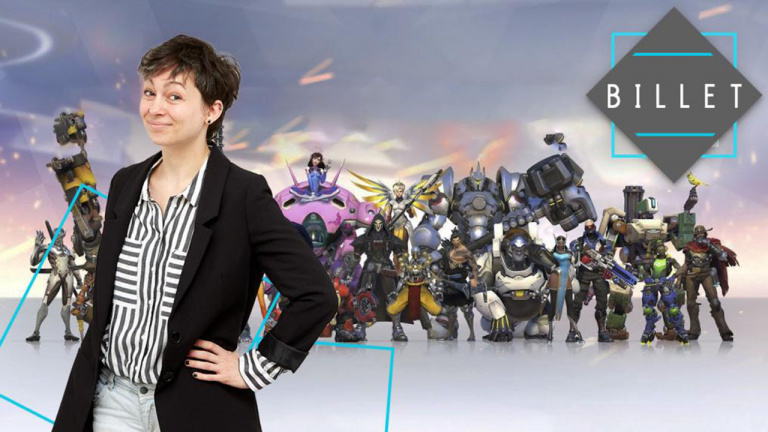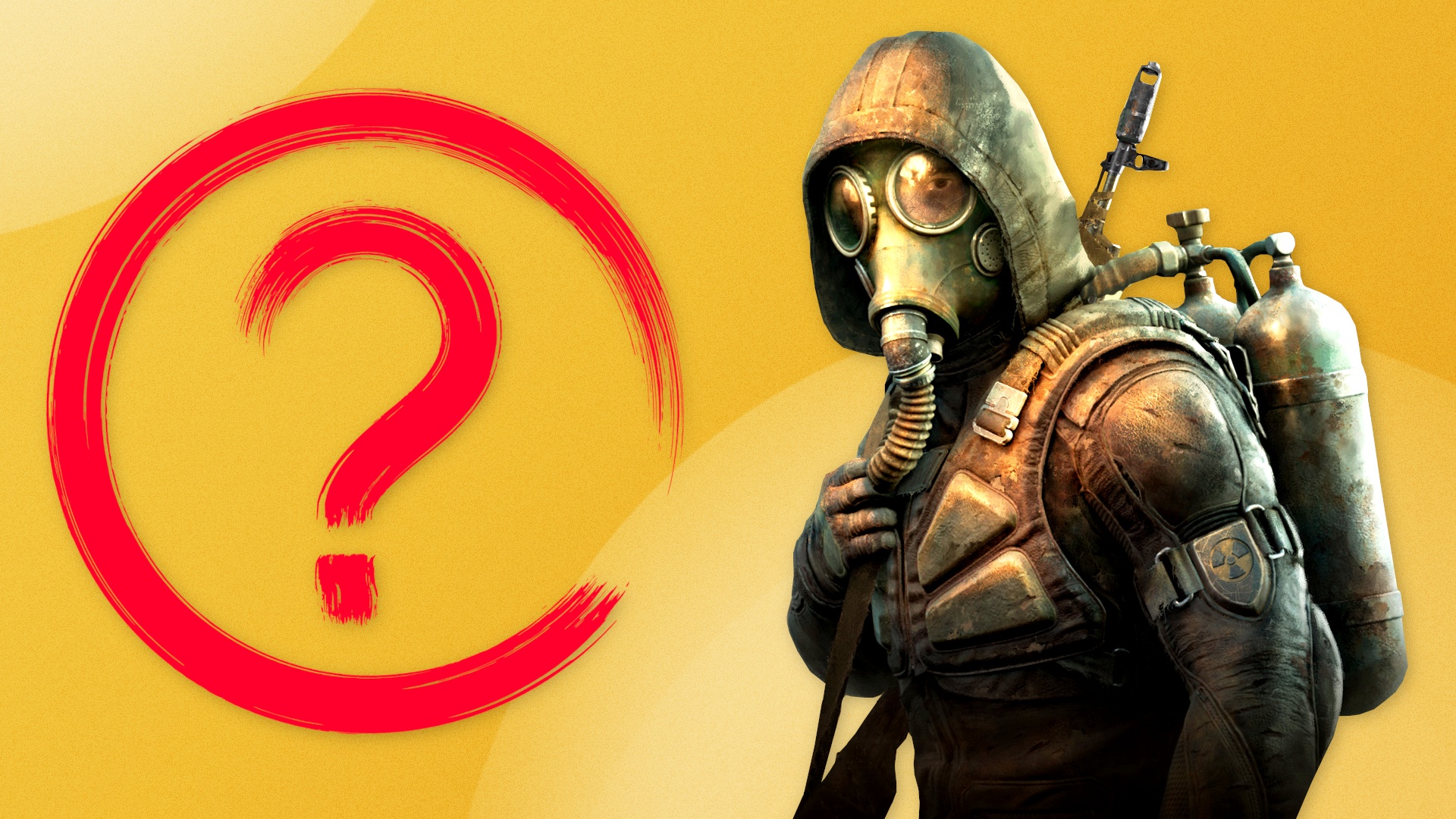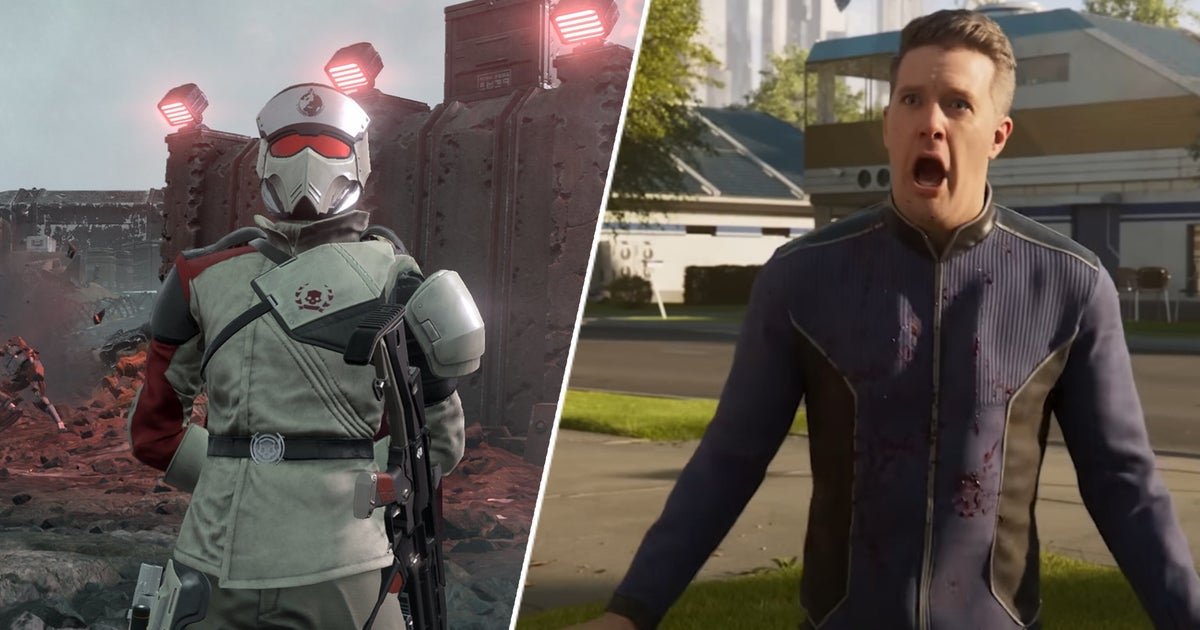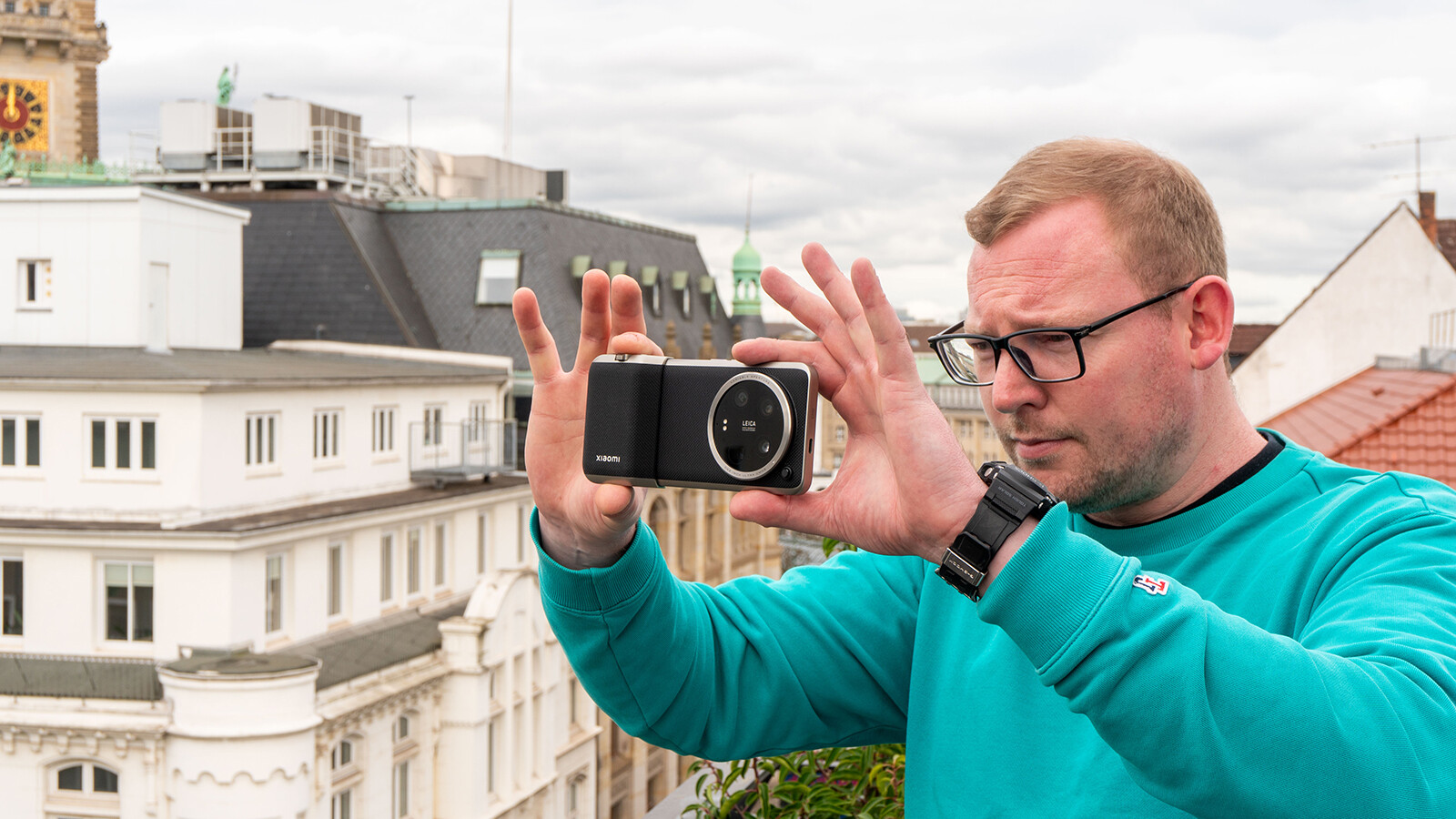Diversity is a recurring theme in our society and video games are no exception, especially in recent years. The opportunity to play a female character with depth on a license like Assassin’s Creed, for example, is something to celebrate. However, this natural evolution of video games does not appeal to everyone. It would be too political, and could even affect creativity, to include characters that diverge from the model that has dominated since the dawn of video games. Is inclusivity synonymous with political correctness?
Debate and opinion
This article falls under the heading “Debate and Opinion” and is inherently subjective. The author’s opinion is personal and not representative of the rest of the editorial team at iGamesNews.
New faces
At the beginning of 2020, Cliff Bleszinski, best known for developing the Gears of War series, was went through the reasons for his LawBreakers game failing. According to him, if the title was quickly abandoned by the players, it is because of thatHe suffered under an instruction from the CEO of the Boss Key studio to advocate diversityand thus hinders his creative freedom. An argument that will make you smile when we know LawBreakers certainly owes its control to the success of a title like Overwatch, including The casting is exemplary in terms of inclusivity

Battlefield V marks the arrival of women in World War II
However, this position is not isolated. Recently, some game announcements highlighting a woman or person from the LGBTQIA + community have been met with controversy progressive pressureparasitizing the industry. There are many examples. One of the last ones that quickly comes to the fore is Battlefield V with female soldiers. The reactions selected by Kotaku show that is the main criticism a lack of realism in favor of abusive feminization in video games. Since then, historians have recalled that it was symptomatic of a lack of awareness of the importance of women in wars.
Wolfenstein II. The New Colossus also paid the price, accused of conveying pro-communist ideas while defending an “anti-white” racism. Likewise, players rebelled when they discovered that the story of The Last of Us Part II, Ellie, an emblematic character on The Last of Us series, was lesbian and triggered a bombing. Inability to identify with characters of any other color, false modesty in the face of portraying a sexual orientation other than heterosexuality, unrealism in the appearance of women in more active roles … this seems more of a problem than embodying creatures that never existed !
A prevailing worldview

But if it’s political to show more diversity, we might as well say that it’s also representations that have dominated for decades. Video games, like so many other media, tell us stories. And these stories also respond to the desire to represent the world. Creation does not arise from a vacuum, game developers have a point of view that corresponds to their situation and experience
It’s not just about video games. Recently, fans of the Harry Potter saga protested the actress’ choice to play Hermione in the play. Harry Potter and the Cursed Child. His fault? To be black. Author JK Rowling responded by reminding them that the character was never reported as white in her books. Here, too, the Caucasian type seems wrongly universal.
But back to video games. AAAs, benefiting from large budgets, have long shown a certain view of the world and standardized our popular culture. Granted, this is very rarely political propaganda as such (although we may wonder if so many of the American military games against the Middle East contain no specific message …) butA commercial approach that also responds to a demand and an economic reality.
The goal of inclusivity is not to do away with the most widespread model, but to enrich the industry with different viewpoints and stories while better reflecting the diversity of our society. Aside from independent games that are less reluctant to involve minorities and may be less dependent on economic laws, it’s nice to see the big studios becoming aware of these issues. It’s also a way to keep moving at the same pace as our world, but also to open up to even more players.
Video games have every interest in moving on in this direction. Maybe it’s time to break this geek myth that has undoubtedly created an illusion in the community: women, people of color, and LGBTQIA + have always been in the game. The only novelty is that now their voices are heard. Let’s not be snobbish, let’s not deny others the pleasure of gambling, of playing totally phantasmagoric heroes and heroines, or, quite simply, who are similar to us.

By K-miye, Journalist igamesnews.com
MPTwitter








